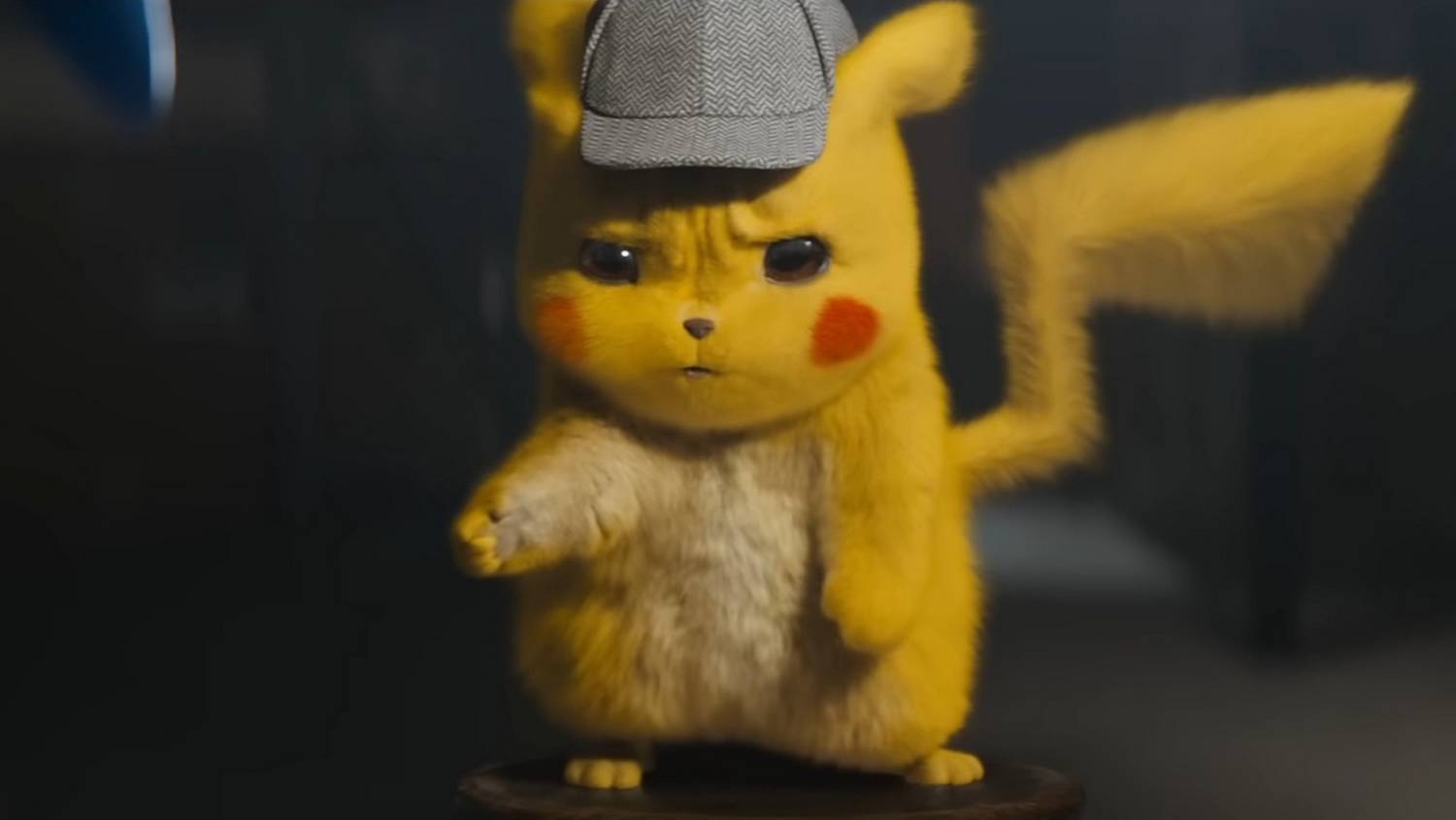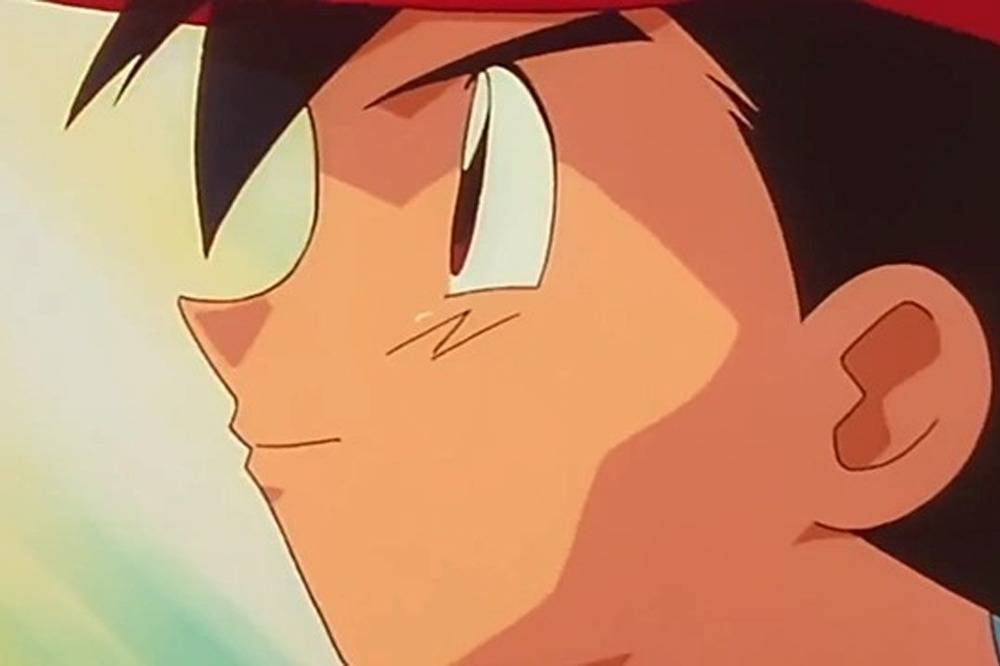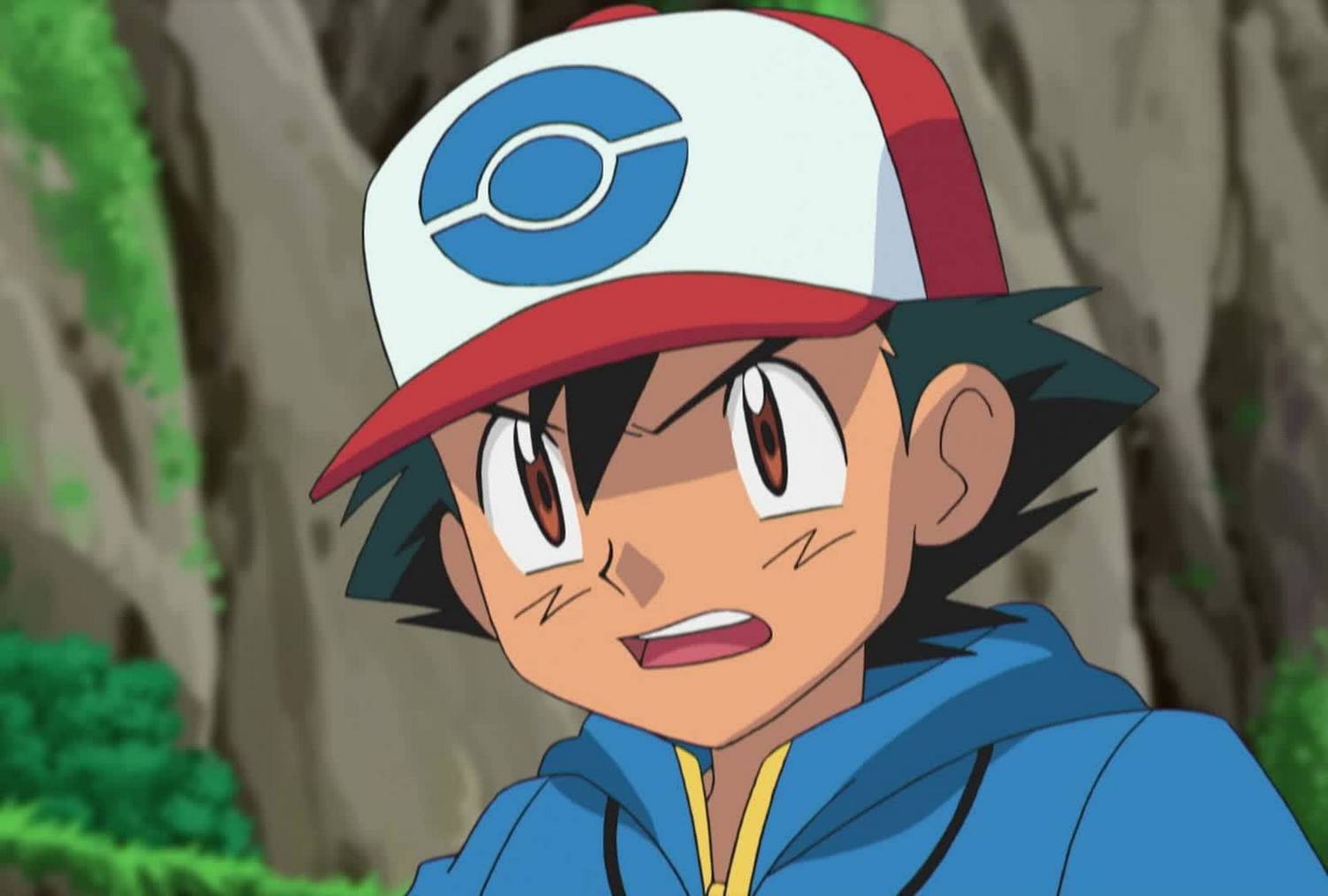Intellectual Property Breach: The Pokémon Company Disavows ICE Promotional Video
Popular Now
 Garena Free Fire: Kalahari
Garena Free Fire: Kalahari
 Grand Theft Auto V
Grand Theft Auto V
 The Legend of Zelda
The Legend of Zelda
 BeamNG.drive
BeamNG.drive
 Sonic the Hedgehog™ Classic
Sonic the Hedgehog™ Classic
 Gacha Club
Gacha Club
 League of Legends
League of Legends
 FIFA 23
FIFA 23
 Roblox
Roblox
 Warframe
Warframe
 In a significant and highly publicized development, The Pokémon Company has issued a formal statement condemning the use of its iconic intellectual property in a recent promotional video by the U.S. Department of Homeland Security (DHS) and its sub-agency, Immigration and Customs Enforcement (ICE). The video, which went viral across social media platforms including X (formerly Twitter), featured clips of ICE arrests set to the famous Pokémon theme song, interspersed with footage from the animated series and mock Pokémon cards depicting arrested individuals. The DHS account captioned the post with the franchise’s ubiquitous slogan, “Gotta Catch ‘Em All.”
In a significant and highly publicized development, The Pokémon Company has issued a formal statement condemning the use of its iconic intellectual property in a recent promotional video by the U.S. Department of Homeland Security (DHS) and its sub-agency, Immigration and Customs Enforcement (ICE). The video, which went viral across social media platforms including X (formerly Twitter), featured clips of ICE arrests set to the famous Pokémon theme song, interspersed with footage from the animated series and mock Pokémon cards depicting arrested individuals. The DHS account captioned the post with the franchise’s ubiquitous slogan, “Gotta Catch ‘Em All.”
This incident has ignited a firestorm of public criticism and discussion, not only about the political messaging of the video but also about the unauthorized use of copyrighted material by a government agency. The Pokémon Company International’s statement was clear and direct: “We are aware of a recent video posted by the Department of Homeland Security that includes imagery and language associated with our brand. Our company was not involved in the creation or distribution of this content, and permission was not granted for the use of our intellectual property.”
 A History of Fierce IP Enforcement
A History of Fierce IP Enforcement
This is a particularly potent issue for a company as notoriously protective of its intellectual property as The Pokémon Company and its co-owner, Nintendo. The Japanese media giant has a well-documented history of taking swift and decisive legal action against any perceived misuse of its brands, characters, and music. This includes everything from issuing DMCA takedowns against fan-made projects and emulator developers to going after individuals for creating unauthorized merchandise. The company’s rigorous approach to copyright and trademark law is a cornerstone of its business model, which has built Pokémon into the highest-grossing media franchise in the world.
Given this history, many fans and legal analysts were quick to call for The Pokémon Company to take legal action against the U.S. government. While the company’s formal statement is a strong public rebuke, it has not indicated whether it will pursue a lawsuit or other legal avenues. Former Pokémon legal chief, Don McGowan, has publicly stated that he believes a lawsuit is unlikely, citing the company’s preference for avoiding public controversy and the complexity of taking on a federal entity. However, a simpler and more likely course of action could be for The Pokémon Company to file a formal copyright complaint with social media platforms like X, which would force the video’s removal.
 The Legal and Ethical Implications
The Legal and Ethical Implications
The unauthorized use of corporate intellectual property by a government agency raises a number of complex legal and ethical questions. While the U.S. government has waived sovereign immunity for patent and copyright claims, any legal action would have to be filed in a specific court, potentially leading to a long and costly process. For The Pokémon Company, the risk of a protracted legal battle and the potential for negative publicity may outweigh the benefits of a lawsuit. However, not taking action could set a dangerous precedent and potentially alienate its dedicated fanbase, many of whom have expressed outrage over the video’s content and its use of a beloved children’s franchise to promote a controversial political agenda.
This incident also highlights the growing trend of government agencies leveraging pop culture and viral internet trends in their public relations efforts. While this approach is intended to make messaging more relatable and engaging, it carries the inherent risk of copyright infringement and a backlash if the content is seen as insensitive or inappropriate. The Pokémon franchise, with its themes of friendship, adventure, and camaraderie, stands in stark contrast to the serious and often dark subject matter of immigration enforcement. The dissonance between the cheerful theme song and the footage of arrests has been a major point of contention for many critics, who see the video as a tasteless and dehumanizing use of the brand.
As the video continues to circulate and the public debate intensifies, the eyes of the gaming and entertainment industries are on The Pokémon Company to see how it will navigate this unprecedented challenge. The decision it makes will not only affect the future of its own intellectual property but could also set a new standard for how corporations respond when their brands are co-opted for political messaging without their consent. For now, the public knows one thing for certain: The Pokémon Company was not involved, and it did not give permission for its beloved creations to be used in this context.









